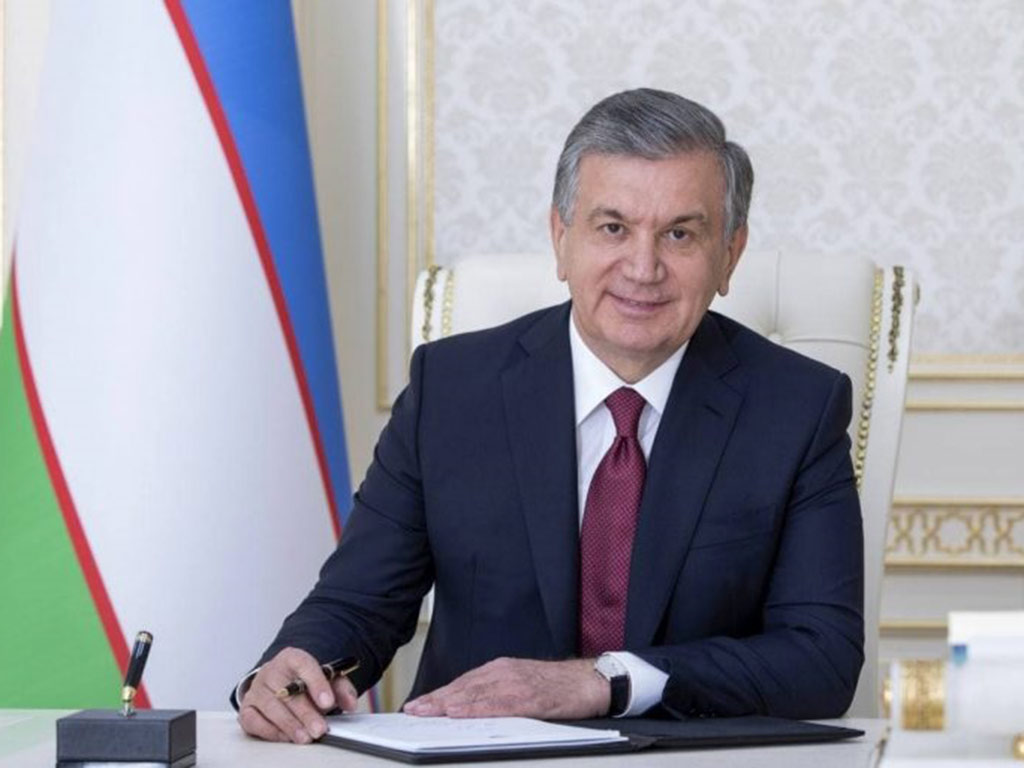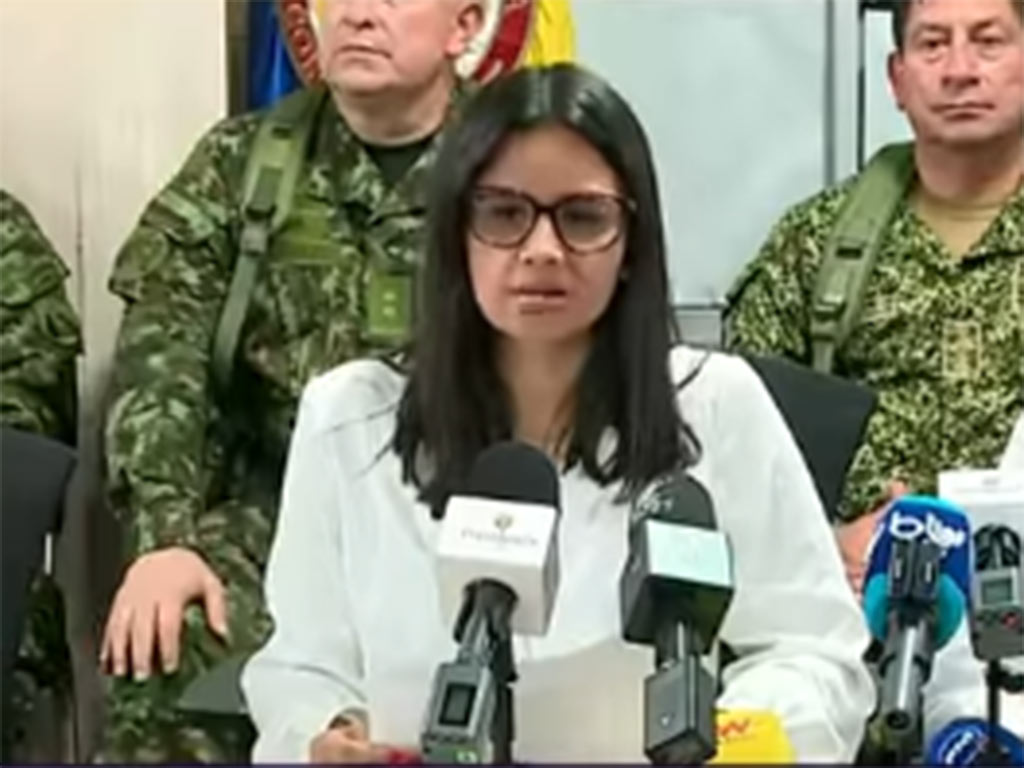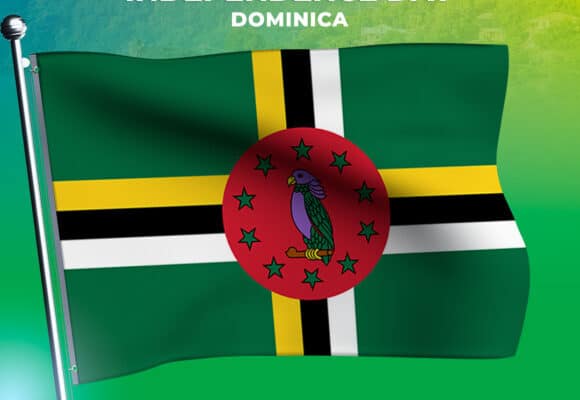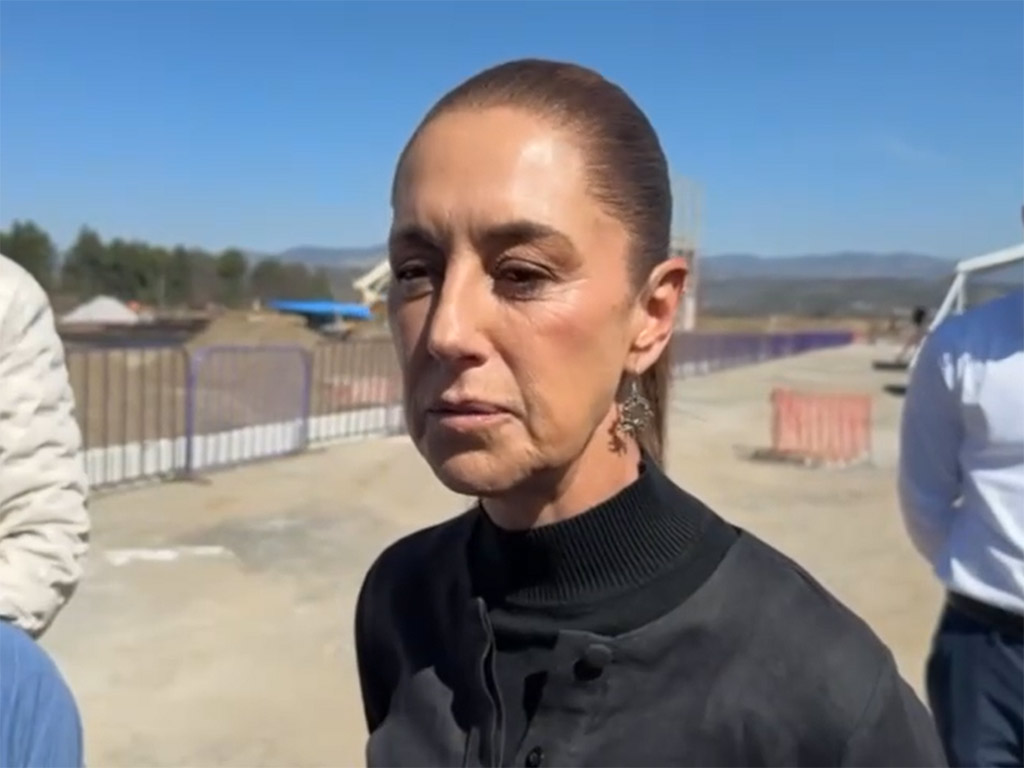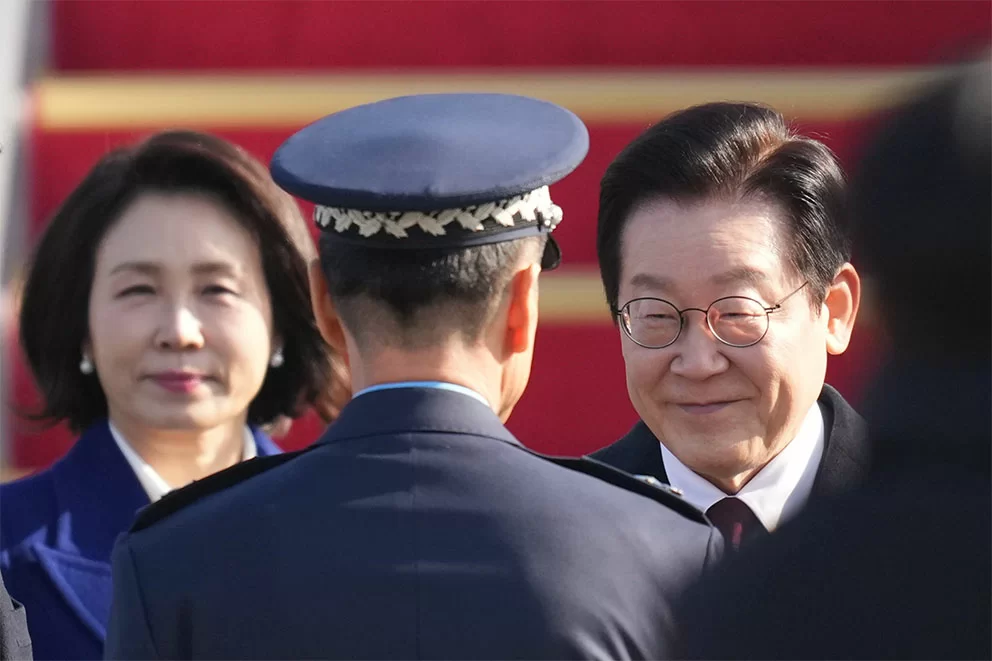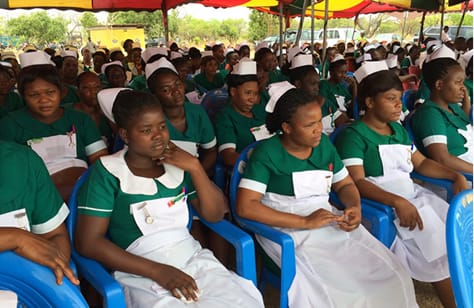U.S. commercial air carriers resumed normal operations across critical Caribbean and South American flight corridors early Sunday following the expiration of temporary flight restrictions imposed by the Federal Aviation Administration (FAA). The aviation safety measures, which had triggered extensive flight cancellations and travel disruptions throughout Saturday, were formally lifted at midnight Eastern Time.
The FAA initially issued multiple Notices to Airmen (NOTAMs) on Friday, identifying potential safety hazards in airspace managed by the Curacao, Maiquetia, Piarco, and San Juan flight information regions. These advisories specifically referenced increased military activities within Venezuelan territory that posed risks to civilian aviation.
U.S. Transportation Secretary Sean Duffy confirmed the restoration of normal flight operations late Saturday, indicating that airlines were actively working to clear passenger backlogs resulting from the temporary suspension. Travelers received recommendations to consult directly with their carriers for the most current scheduling information as airlines updated their flight plans.
United Airlines, which had experienced hundreds of cancellations at Luis Muñoz Marín International Airport in San Juan on Saturday, announced preparations to reinstate its Caribbean service network. The carrier projected that most scheduled flights would operate normally on Sunday, with additional services being arranged to accommodate affected passengers.
JetBlue similarly commenced service restoration after approximately 215 flight cancellations during the disruption period. The airline indicated potential additional flights would be added to its schedule and advised customers to monitor flight status through digital platforms.
While European aviation authorities maintained their conflict-zone advisory for Venezuelan airspace, KLM—the Dutch flag carrier—proceeded with scheduled Sunday flights to Caribbean destinations after canceling services the previous day. Regional airlines operating within the Caribbean basin remained largely unaffected by the restrictions, which applied exclusively to U.S.-registered aircraft operators.

